
Treatment options for the mobile device split personality
As the use of smartphones and tablets becomes mainstream in enterprises, organizations need to address some fundamental security concerns. While we have yet to see these devices succumb to malware threats in the way that previous endpoints have, there are legitimate data protection issues associated with their use. Between June 2012 and June 2013, travelers lost more than 10,000 electronic devices, including laptops, mobile phones, and tablets, in just the world’s seven largest airports, according to Airport Lost and Found, a global database.
Mobile Device Management (MDM) products gained early traction in the enterprise as a means to address some of the security and management issues associated with the use of consumer mobile devices on corporate networks. While MDM can solve some problems, in spite of being a fairly heavy-handed approach, it does not allow for the fine-grained security controls that many enterprises require.

Smart watches unlikely to top holiday shopping lists
There’s been a considerable buzz surrounding smart watches in the last few months but it seems that they won’t be featuring in many letters to Santa. According to technology research specialists Gartner, premium pricing combined with a vague idea of the benefits they can offer will lead to disappointing smart watch sales.
"Samsung and other well-known vendors have recently entered the smart watch space, yet the products we have seen so far have been rather uninspiring in terms of design, available apps and features," says Annette Zimmermann, principal research analyst at Gartner. "As a result, Gartner predicts that wearable devices will remain a companion to mobile phones at least through 2017, with less than one percent of premium phone users opting to replace their phone with a combination of a wearable device and a tablet".

How mobile is changing the way we shop
Smartphones and tablets are changing many aspects of our day-to-day lives, even the way we do our shopping. The latest Mobile Audience Insights report from mobile ad specialist JiWire is focused on the consumer packaged goods (CPG) market and how mobile devices are affecting our buying habits.
Among the key findings of the report are that 60 percent of consumers use their smartphone to create their shopping list and 65 percent add products to their list after seeing a mobile ad, 46 percent are willing to try a new product after seeing an ad. Also 69 percent would be happy to see their shopping experience enhanced by receiving information like discount coupons or recipes from the retailer on their mobile.

Google will pay you for improving Android security
Android's success, in the smartphone and tablet markets, makes the operating system's users a popular target for malware writers. Some of the concerns which researchers and security firms frequently expose translate into real threats, while others will likely never see the light of day as they're squashed in their infancy.
Luckily, Google is taking a proactive stance to improving Android's security as the search giant has expanded the patch reward program that was introduced in early October, to also include its Android Open Source Project.
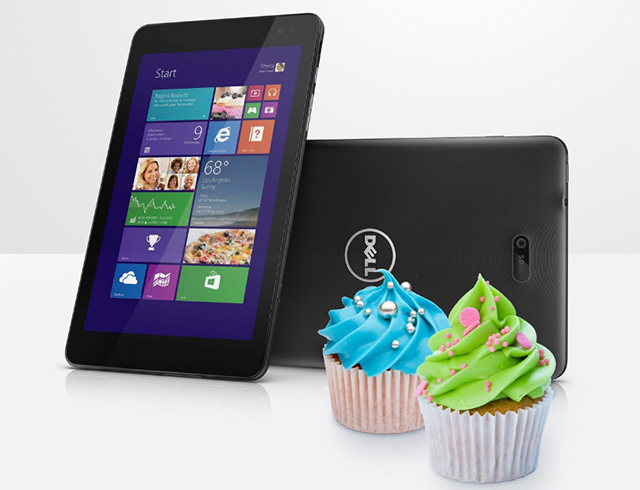
Intel’s holiday buyer’s guide rounds up the best Windows 8.1 devices
If you’re looking for a new tablet, laptop, 2-in-1 device or all-in-one system you might want to take a look at Intel’s new Holiday Buying Guide. The chipmaker has put together a 20-page PDF brochure featuring products from the likes of ASUS, Dell, Lenovo, Sony, HP, and Samsung.
Divided into sections, starting with 2-in-1 Devices, the guide tells you a bit about that particular type of system, and then presents a selection of shiny new hardware vying for your attention (and hard earned cash) this holiday season.
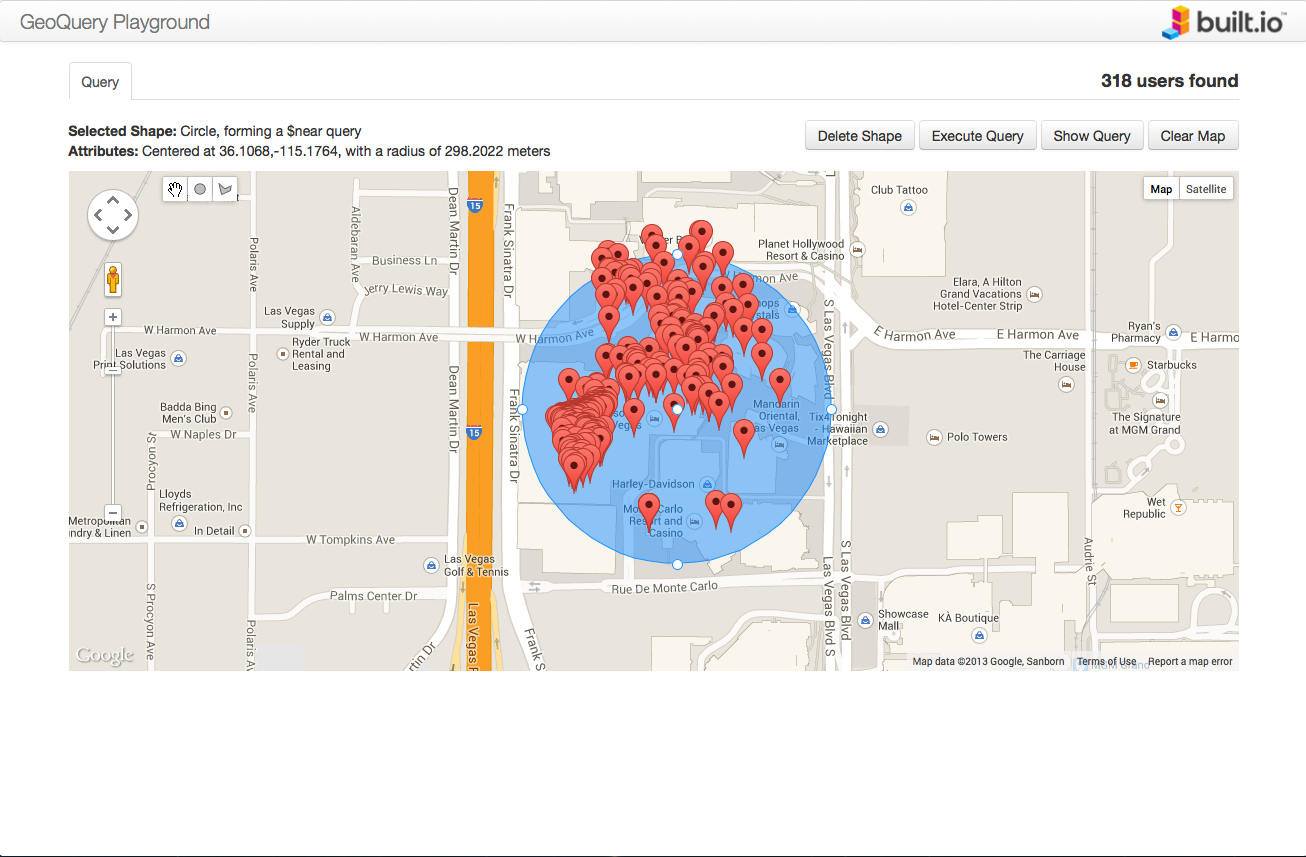
Develop enterprise mobile apps in record time with built.io
With the increasing trend towards using mobile devices in the workplace, IT departments sometimes struggle to keep up with demand from their users. As we've seen elsewhere, this can lead to employees using unauthorized software.
Companies interested in speeding up the build time for mobile apps will want to take a look at San Francisco-based raw engineering’s built.io product which comes out of beta and is generally available from today.

Financial professionals use unauthorized apps to access company data
The increasing popularity of BYOD brings a number of challenges for IT departments, not least of which is ensuring that files are handled in an approved and secure way. The problem is that users don’t often see things the same way. A new survey by Workshare shows that 65 percent of mobile users at financial institutions are using file sharing apps that aren't approved by their IT departments.
Only 55 percent were using unauthorized apps to work on documents outside the office in 2012, but the figures are even more worrying when you take into account that 89 percent of financial professionals are now using their own devices for work -- up a mere 3 percent from last year. The report also shows that 78 percent of these workers are using free file sharing services like Dropbox and SkyDrive to access and store corporate documents.

Q&A about sales CRM software Pipedrive
Cloud, cloud, cloud. This is a word that is prevalent when describing modern services, and one that we hear all too often nowadays. The premise is simple: move stuff somewhere you cannot control and leave it to someone (or some company) to do the backend work for you. For CRM software this approach appears to be ideal, as both the developing companies and their clients seem to embrace it.
CRM software used to be associated with on-premise solutions, but this approach has failed to integrate well into the new computing landscape where mobile devices are used increasingly around the office and on the go. A mobile-friendly philosophy is key. I chatted with Pipedrive, a company that makes cloud-based CRM software, about how it leverages the cloud and what the benefits are for its 30,000 users.

Three in four UK homes now has access to superfast broadband
UK telecoms regulator Ofcom's annual Infrastructure Report update published today shows that 73 percent of premises are now able to receive superfast broadband, up from 65 percent last year.
Ofcom defines "superfast" as networks delivering download speeds of at least 30 Mbit/s, typically delivered using fiber optic cabling. Around 22 percent of connections now fall into this category with some 4.8 million consumers now having superfast connections, more than doubling last year's 2.1 million figure.
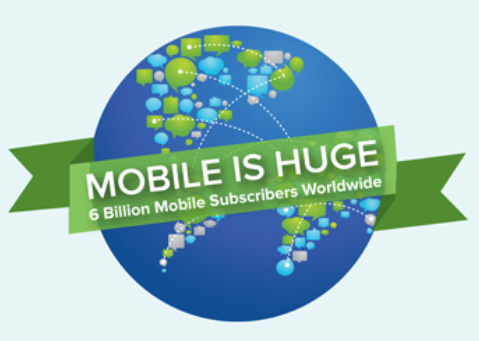
Mobile strategy becomes a priority for business
Mobile phones are almost as important as PCs for engaging with customers according to the results of a survey released by enterprise mobile specialist OpenMarket.
The study of 167 business leaders in the USA carried out by Forrester Consulting showed that 74 percent now think that mobiles are an important channel for customers, partners and employees, as against 79 percent for PCs.
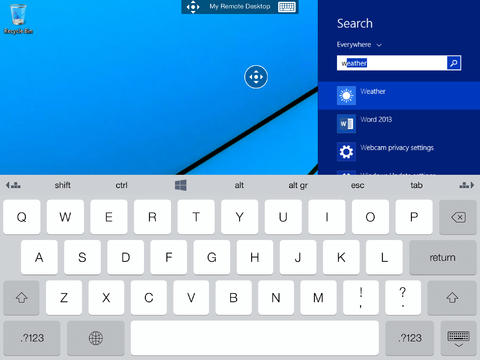
Microsoft brings Windows to Android and iOS phones and tablets
Microsoft's big release of the day may be Windows 8.1, but it doesn't end there. The desktop operating system may have stolen the headlines today, but Microsoft also recognizes the importance of mobile devices. The company is not only concerned with its own devices, realizing that Apple and Android still dominate the mobile arena. But this does not mean that mobile users do not need access to Windows PCs -- hence the release of Microsoft Remote Desktop for iOS and Android.
The prospect of running Windows on an Android or iOS device may be a little way off yet, but it can be achieved via remote access -- which has the handy side effects of making it possible to access files, apps and anything else that might be needed whilst away from your computer. There is no shortage of remote desktop apps in the App Store, but Microsoft's offering aims to keep things simple. As you would expect, this is an app -- free of course -- that can be used to control a Windows PC from an iPhone, iPad, iPod touch or Android device.

Is Windows Phone 8's Update 3 really worth it?
We're fairly certain that Windows Phone 8.1 is not too far off, but in the meantime we're left to content ourselves with the updates that trickle out for the OS from time to time. Update 3, previously known as GDR 3, has been released, and my colleague Mihaita has taken a look at how to get it installed and what you can expect to find when you do.
It was known in advance that this was going to be a relatively minor update, but I'm the kind of person who greets an update to any operating system with an almost childlike excitement. The moment I was able to do so, the download was under way and my Nokia Lumia 928 was receiving the update treatment. Here follows my reaction to Windows Phone 8 Update 3. To avoid any possible confusion, this is absolutely my opinion; this is about my experience, my feelings, my reaction. As writers are wont to say, "your mileage may vary".

Mainframe2 runs super-powerful Windows apps in the cloud
My friend Nikola Bozinovic (say that three times fast) is a very sharp software developer originally from Serbia who has, over the years, worked for most of the usual suspect American software companies. He is also the guy who restored from a grotty old VHS tape my film Steve Jobs — The Lost Interview. And as of this week he’s the CEO of Mainframe2, an exciting startup strutting its stuff at the DEMO conference in Santa Clara.
Mainframe2 claims it can put almost any Windows application into the cloud, making apps usable from any device that can run a web browser supporting html5. We’re talking Photoshop and AutoCAD on your iPad. This is a big deal.

At what age should children be allowed to use the internet?
The internet is an amazing tool, especially for children looking to learn. It is essentially the world's biggest library available 24 hours a day, seven days a week. But the web also has a darker side, and parents have to ask themselves the question "when is the right time to let my child go online?" Or, as Director of Online Safety at Microsoft, Kim Sanchez puts it "How old is too young to go online?".
This is a far more complicated problem than it used to be. It is not all that long ago that the average household had no more than one computer, which may not have been connected to the internet. Now, however, we live in a time when households could have multiple computers. There might still be one shared "family" computer, but it is also very common for children to have their own computer or laptop. There are also phones and tablets to think of. Pester power is an incredible thing, and it’s a strong parent who is able to resist giving into demands for a tablets when "all my friends have one".
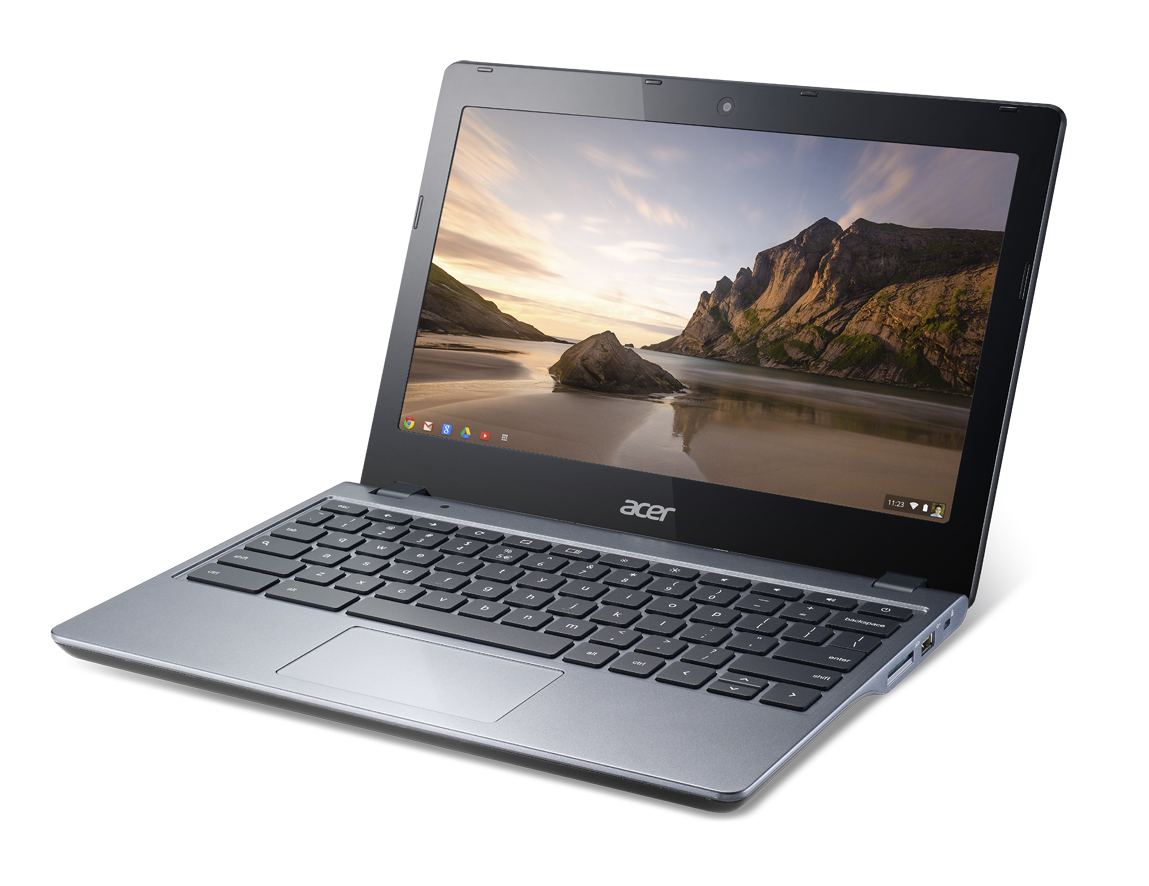
Acer announces the C720 Haswell Chromebook
The technology community is abuzz with excitement over the next-generation of Chromebooks. Yesterday, my colleague Joe Wilcox reviewed the sexy $279 Chromebook 11 by Hewlett-Packard. Sadly, while HP's Chromebook looks great, it is very much under-powered. After all, the specs are the same as last year's Samsung model -- ARM processor and a paltry 2GB of RAM.
Today, Acer announces the C720 which undercuts the HP variant in price and trumps it in specifications.
